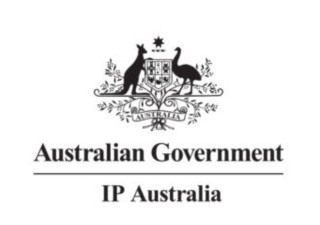Has Australia Illegally Stripped the Tobacco Industry’s IP Rights with Plain Cigarette Packaging?
28 August 2012

Australia has taken a world first step in passing legislation mandating plain packaging of tobacco products.
As of December 1, 2012, all cigarettes, pipe tobacco and cigar products sold in Australia will be required to be in plain olive-brown packets with no branding, trademark logos, colours, or promotional text. The name of the brand of cigarettes will be featured on the pack in a standard colour, position and font.
The controversial legislation has faced widespread opposition from cigarette companies and raises serious legal issues having essentially negated the intellectual property rights gained by an entire industry sector in highly valued trademarks and branding. The Australian intellectual property office estimates that there around 3,000 trademarks for tobacco and tobacco products.
Cigarette companies are arguing that the legislation is unconstitutional and inconsistent with Australian intellectual property obligations such as those imposed by World Trade Organization treaties.
Australia’s commitments under the Trade-Related Aspects of Intellectual Property Rights (TRIPS) Agreement provide that: “The use of a trademark in the course of trade shall not be encumbered by special requirements, such as ... use in a manner detrimental to its capability to distinguish the goods.”
Tobacco giant Philip Morris is one of the companies taking action against the legislation by filing a claim for compensation on the grounds that the legislation has been passed acquiring valuable brands and intellectual property without providing any form of compensation.
Whether the legislation actually results in the unconstitutional acquisition of property by the Australian government is highly debatable.
The legal argument against the law being unconstitutional is based on the proposition that even though it is unconstitutional for the government to acquire property, including intellectual property, without compensation, the government will not actually be taking trademark ownership away from cigarette companies.
Cigarette companies will still be entitled to use product names on the packaging, albeit in a standardized font and style.
While technically legal ownership may not be acquired, forcing tobacco companies to remove trademarks and other valuable intellectual property arguably has the same effect with any ownership rights in such intellectual property rendered valueless and nullified.
Australian health minister Nicola Roxon is confident in the legality of the legislation claiming the government has taken legal advice. Legal experts consider that any World Trade Organization challenge will fail because intellectual property rights agreements give governments the right to take measures necessary to protect public health.
The fight over plain packaging is one which will be keenly watched by governments around the world particularly in New Zealand, Europe and Canada where similar plans to curtail branding of cigarette products are under consideration.
How successfully Australia is able to combat the legal issues and implement the legislation is likely to be highly determinative of whether equivalent legislation is pursued elsewhere.






